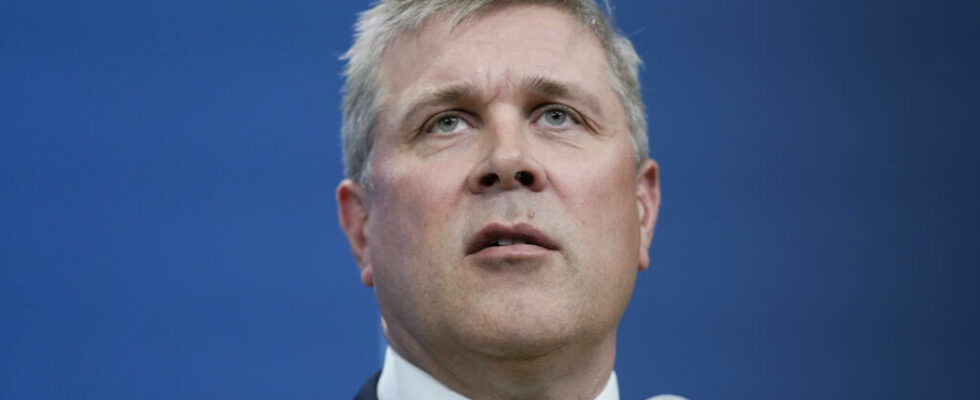Icelandic Prime Minister Bjarni Benediktsson announced this Sunday, October 13, the breakup of the coalition in power since November 2021 due to persistent political disagreements. New elections will be held at the end of November.
2 mins
Strong differences over foreign policy, the management of asylum seekers and energy policy ultimately got the better of the ruling coalition in Iceland after months of tension. Prime Minister Bjarni Benediktsson, leader of the Independence Party (conservative), the first in Parliament, announced to the press that he would therefore meet the Icelandic president on Monday to propose dissolving Parliament and calling legislative elections end of November.
The coalition is made up of the Independence Party, the Left-Green Movement and the Progress Party (center-right). The points of disagreement were less discussed during the last elections than they should be today “, estimated Bjarni Benediktsson, emphasizing “ how different the vision of the Movement (Left-Greens) for the future is from what I want to defend “. “ It is better for the government to have a common vision “, he told the online media site Visir.
Bjarni Benediktsson, one of Iceland’s most experienced politicians, served as Minister of Finance, then Foreign Affairs, before becoming Prime Minister. He took office in April 2024, succeeding Katrin Jakobsdottir, of the Left-Green Movement, who resigned to run for president, which she did not win. Bjarni Benediktsson said he had the strong support of his party and planned to run in the November election.
According to a Gallup poll published on October 1, the coalition government has the support of only a quarter of voters (24.6%), the lowest score ever recorded by the institute for an Icelandic government in 30 years . The three coalition parties combined arrive behind the Social Democrats, credited with 26.1%.
In 2021, the three parties won 38 of the 63 seats in Parliament, while they had only held 33 since the previous elections in 2017. The Left-Green Movement emerged weakened (8 seats compared to 11 previously), while that his right-wing partners had both recorded good results.
